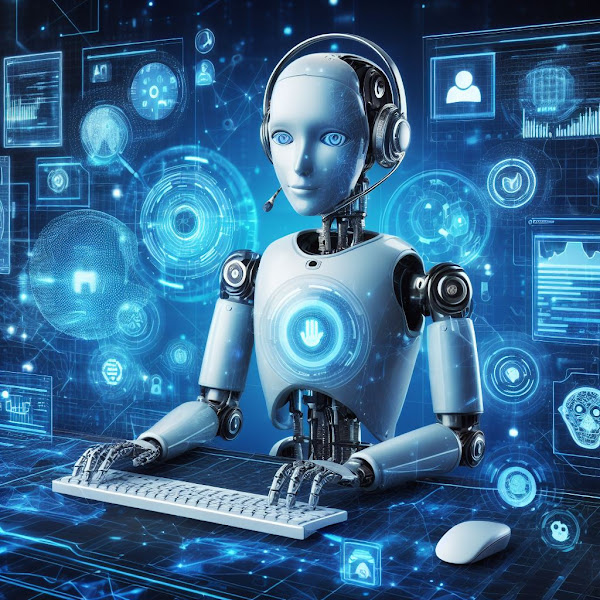How Can Virtual Reality Reshape Educational Experiences?
How Can Virtual Reality Reshape Educational Experiences?
Virtual Reality (VR) is not just a technological novelty; it's a paradigm shift with the potential to revolutionize educational experiences. In this comprehensive exploration, we dive into the applications, benefits, and transformative impact of virtual reality on the realm of education.
The Essence of Virtual Reality in Education
Virtual Reality immerses users in a computer-generated environment, providing a multisensory experience that goes beyond traditional methods. In education, VR holds the promise of creating engaging and interactive learning environments that cater to diverse learning styles.
Applications of Virtual Reality in Education
### Virtual Field TripsImagine students exploring the pyramids of Egypt or the depths of the ocean without leaving the classroom. VR enables virtual field trips, transcending geographical limitations and bringing learning to life.
### Simulated ExperimentsVR allows students to conduct experiments in a safe and controlled virtual environment. This is particularly beneficial in science education, where complex experiments can be simulated for better understanding.
### Historical Time TravelStep into historical events through VR recreations. Instead of reading about historical periods, students can witness and even interact with historical figures and events, fostering a deeper understanding of the past.
Benefits of Virtual Reality in Learning
### Enhanced EngagementVR captivates students' attention by providing an immersive and interactive learning experience. The novelty of the technology itself can spark curiosity and eagerness to explore.
### Tailored Learning EnvironmentsVR allows educators to create customized learning environments based on the subject matter. Whether it's exploring outer space or delving into the human body, VR tailors educational experiences to specific curriculum requirements.
### Multi-Sensory LearningTraditional learning often appeals to visual and auditory senses. VR introduces touch and spatial awareness, creating a multisensory environment that accommodates different learning styles.
The Impact on Learning Outcomes
Studies indicate that incorporating VR into education positively influences learning outcomes. The immersive nature of VR enhances knowledge retention, improves understanding of complex concepts, and contributes to the development of critical thinking skills.
Looking Ahead: The Future of Education through Virtual Reality
As technology continues to evolve, so does its role in education. Virtual Reality stands at the forefront, offering a glimpse into the future of immersive and experiential learning. The ongoing integration of VR into educational institutions signals a shift towards a more engaging, interactive, and effective learning landscape.
Virtual Reality is not just a tool; it's a catalyst for educational transformation. As we explore its possibilities, we pave the way for a future where learning knows no bounds.











Comments
Post a Comment